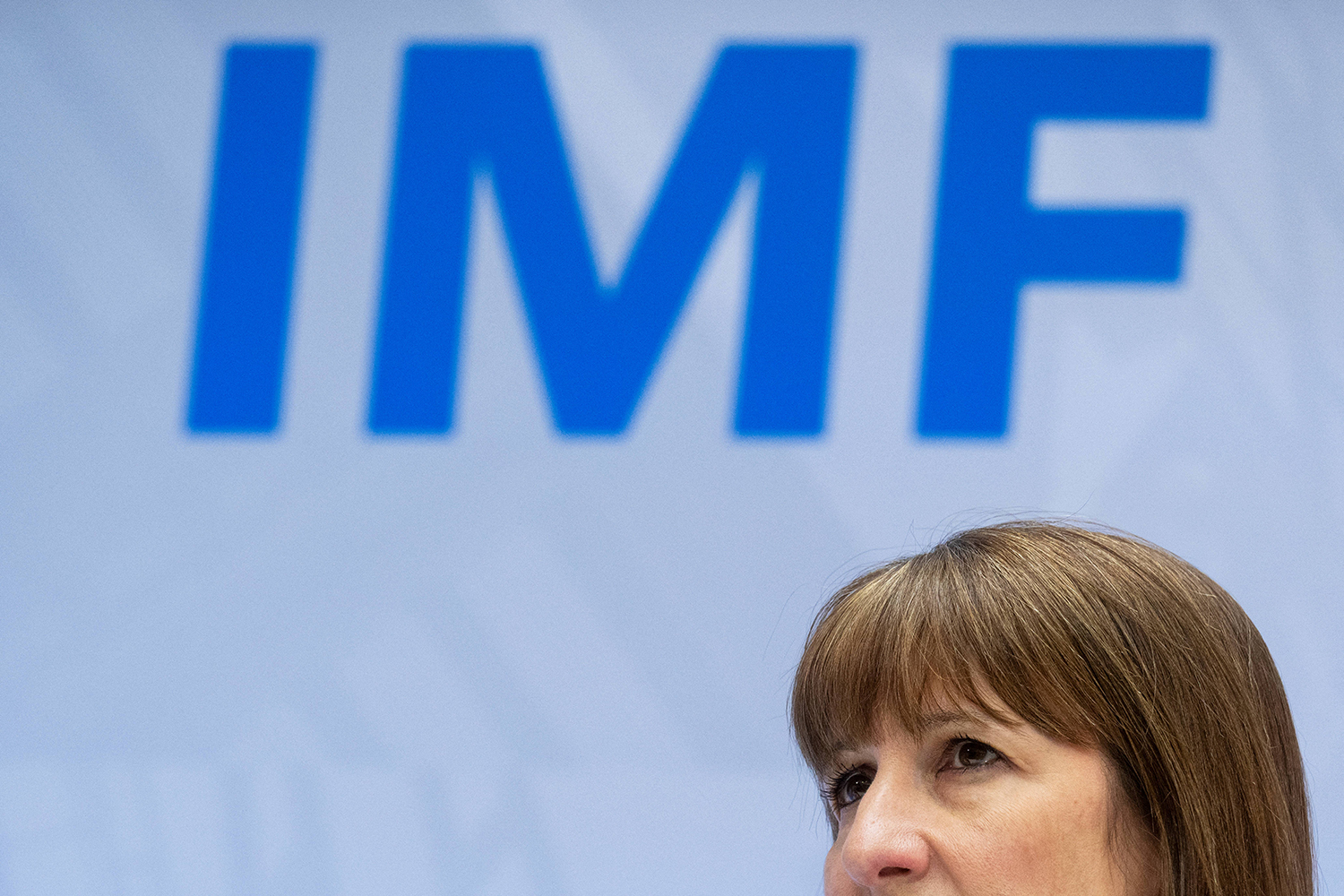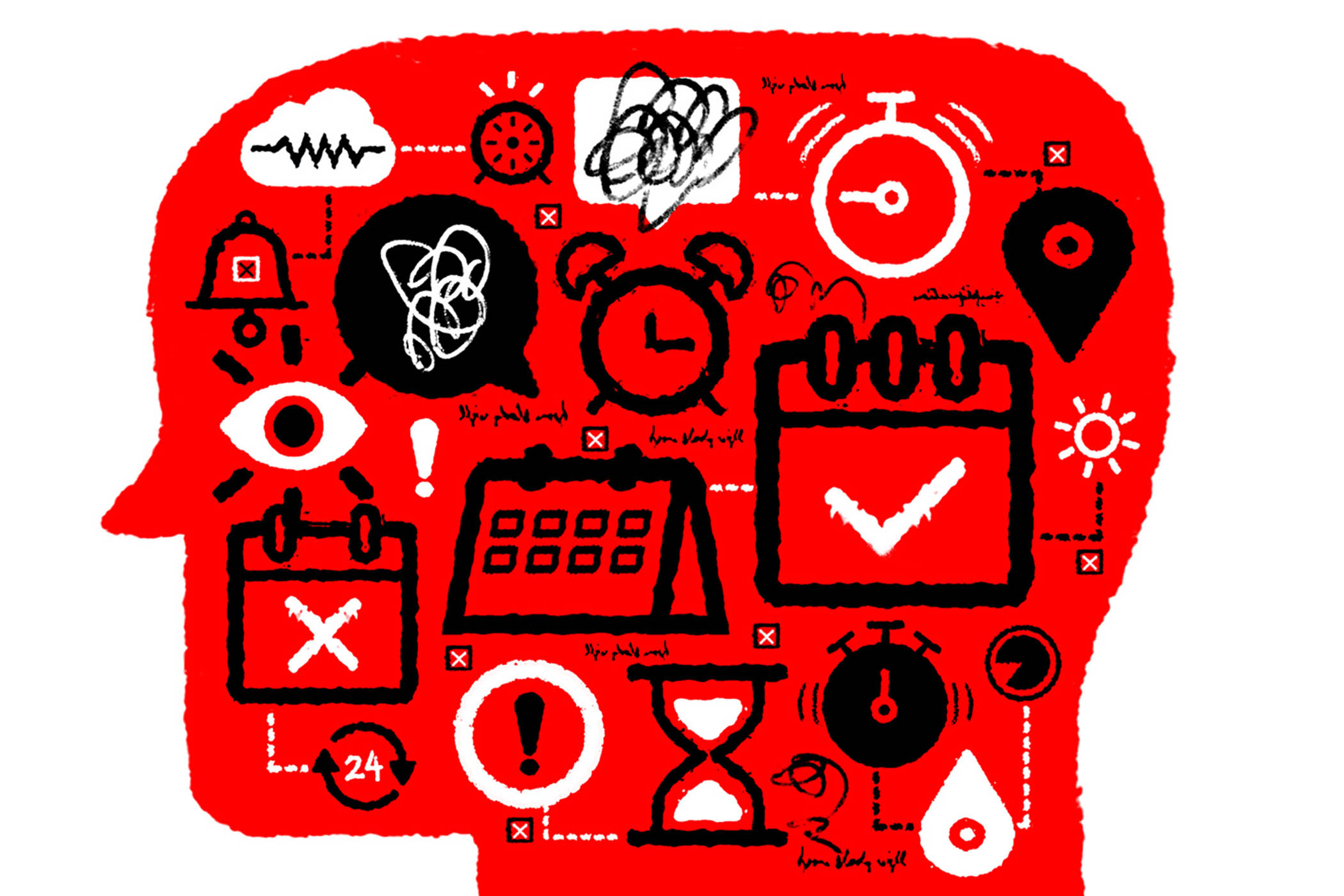Economic forecasters and the bond markets are locked in a dysfunctional embrace that increasingly rules our lives. Three million British families will be poorer next year as a result of Rachel Reeves’s £5bn of welfare cuts.
The chancellor didn’t dare risk incurring the wrath of the all-powerful bond markets in her spring statement, after the Office for Budget Responsibility forecast that, without such savings, she would run out of financial road in five years. She had choices about how to find the money, but no choice as to whether it had to be found. No government’s reputation survives assault by the financial markets.
Does it make any sense to be in thrall to a forecast that will almost certainly be wrong? Yet the idea of forecasts as near-divine prophecy was underlined by the array of depressing predictions that greeted the world’s finance ministers at the International Monetary Fund’s spring meeting last week.
It is a prison of expectations from which nobody seems capable of breaking free. Yet, since no economic model is failsafe and uncertainty abounds, economic forecasters recognise that whatever they predict will be trumped by events. The best acknowledge that their forecast is only one of a range of possibilities, a likely direction of travel rather than holy writ.
But caveats are ignored. We crave certainty, even while we know we are beset by unknowns. John Maynard Keynes constructed his theory of capitalism – that it is a wild if creative beast that constantly needs taming – because economic actors, whether they are companies, unions, banks or investors, don’t even know what they don’t know.
Writing nearly 100 years ago, Keynes argued that what makes uncertainty worse is that those who trade in financial assets can act with lightning speed on their uncertainties; others in the real economy are trapped in what they are doing. “A farmer,” he wrote, “can’t look at the barometer and remove his capital from the farming business between 10 and 11 in the morning and reconsider whether he should return to it later in the week.” But a financial trader can. The instability that results is hardwired into the financial markets’ DNA, so the state has an obligation to manage them proactively. Their ever-inventive proclivities to bet with vast sums of borrowed money – leverage, in the jargon – need to be constantly damped down.
Keynes was writing in a world where for every pound of economic activity there was one pound of financial transaction. Now the ratio has exploded to 100 to one – a terrifying capacity for the markets to enforce their fears on governments, and with it the power of forecasters.
It is why Donald Trump is so very dangerous. He believes that tariffs are an unilaterally imposed tax on foreigners to boost activity at home with no cascade effects on trade, confidence and inflation. He compounds his crooked economics by his impulsive unpredictability, so uncertainty has climbed to all-time highs. Forecasters know that the economic direction of travel is down but the unknown unknowns make their forecasts even more unreliable; an economic slowdown is inevitable, recession probable and a vertiginous run on the dollar and US financial assets triggering depression not impossible. Who knows? Already a rout in US Treasury bills has forced Trump to pause his tariffs. It is a triple whammy of bad policy, incredible uncertainty and over-mighty financial markets that are structured to run amok.
The echoes of the 1930s are unmistakable. Yet it took a slump and world war for Keynes to persuade the US that unless the power of financial markets was contained there was no chance of an international free trade order, the precondition for global economic growth. Under the new system, the US, backed by a still powerful Britain, would anchor a regulated financial system, predictable exchange rates and a growth in trade spurred by ever lower tariffs – all managed by the great multilateral institution of the IMF, the World Bank and what became the World Trade Organization.
Reeves tried to recapture that spirit when she told the IMF last week that the world’s three great tasks were now to tackle the great imbalances in trade between the major trading economies, remove barriers to trade and promote the role of the great multilateral institutions. Unsaid but integral to that programme is the ability to contain today’s rogue global financial markets.
Newsletters
Choose the newsletters you want to receive
View more
For information about how The Observer protects your data, read our Privacy Policy
But it was hard enough to persuade the US in 1944 of all this; there is no chance under Trump. In any case the EU, accounting for 16% of world trade compared with the US’s 13%, is the likelier sponsoring architect of any such international deal. Already the EU is the emerging hub of a new global trade order, cutting trade deals with Canada and in Latin America, the Middle East and Asia. Britain’s potential US trade deal is a sideshow, even though it will please the Brexit right. If the markets’ wings are ever to be clipped with, say, a global financial transactions tax (less outlandish than tariffs), international trade made freer, multilateral institutions promoted and the uncertainties that haunt the world contained – the EU becomes the indispensable partner.
Here lies the means to disrupt that destructive alliance of the economic forecasters and the bond markets. On this Reform UK and their allies in our media are 100% wrong. It is time to say so.



